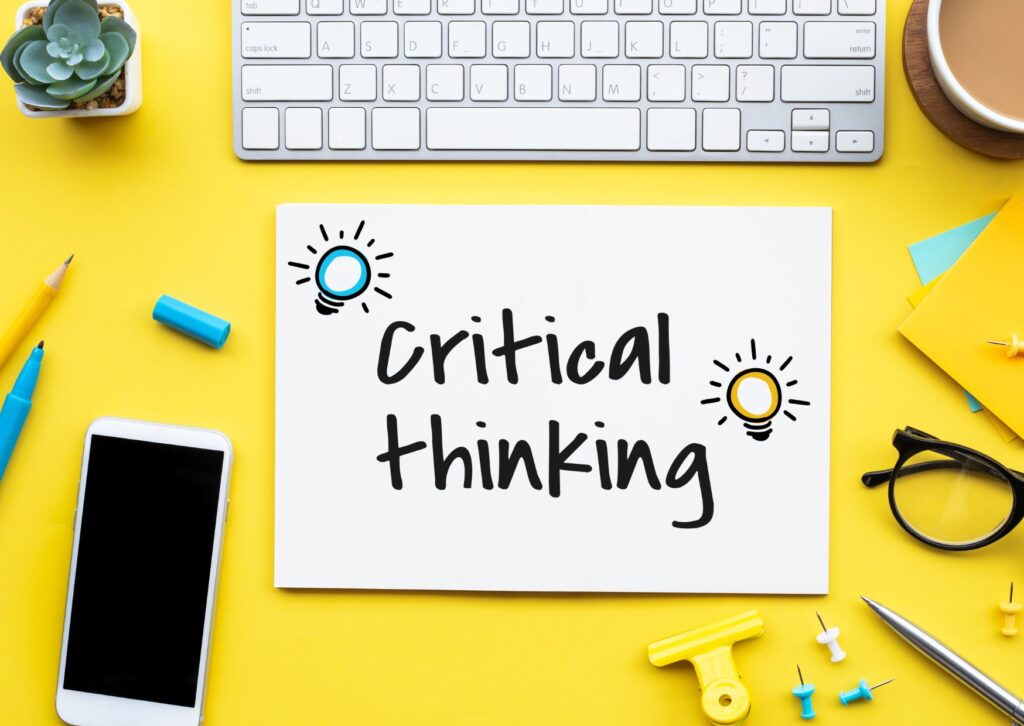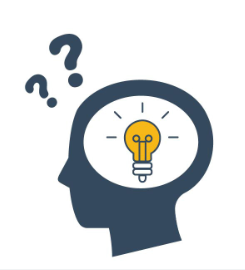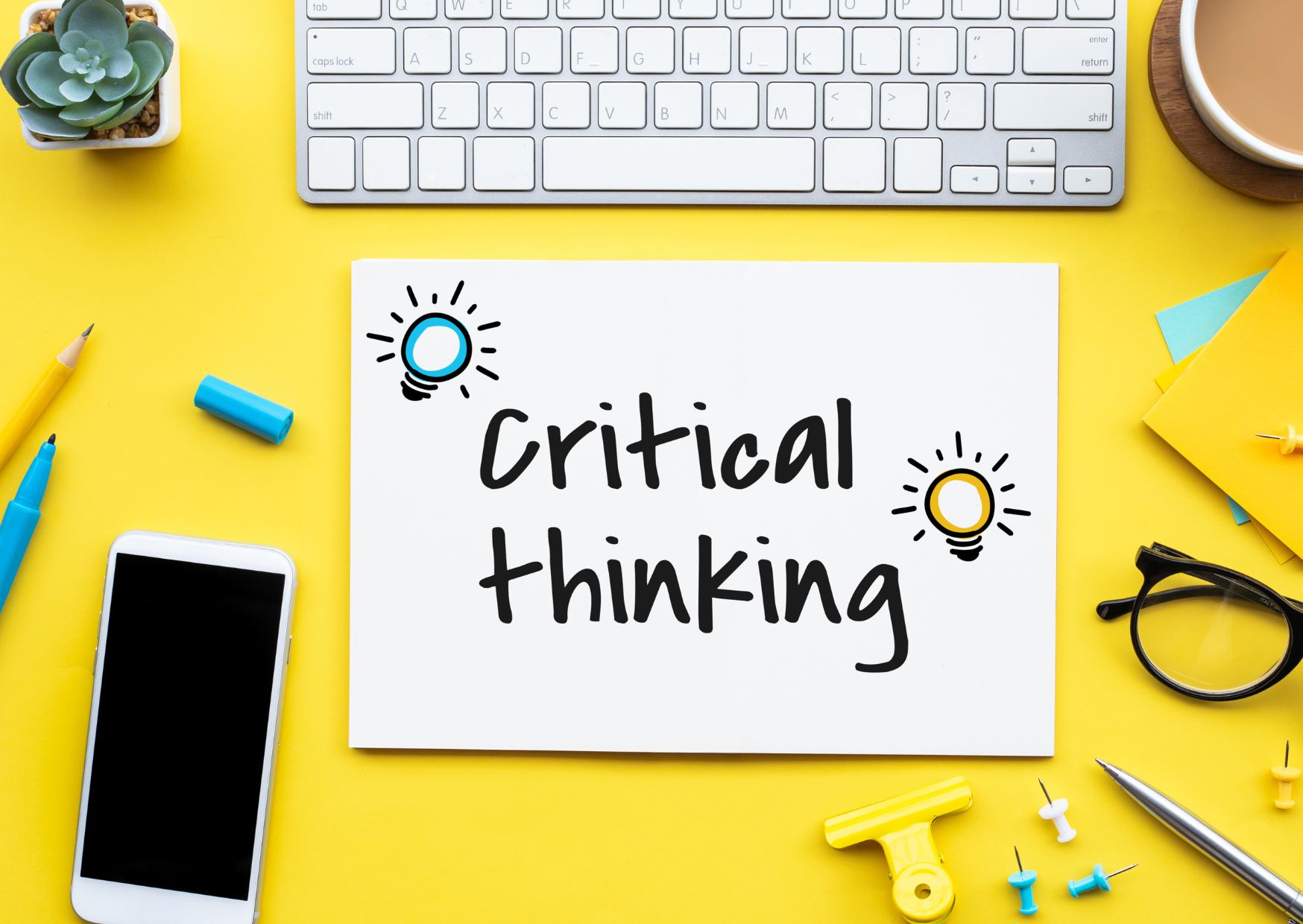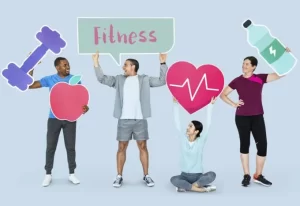
Having the ability to analyze critically and solve issues is highly recognized and sought after in the fast-paced, complicated world of today. Problem-solving and critical thinking abilities are becoming more and more important in both the business and daily lives. Anybody who wishes to succeed in their profession and work must possess these abilities. People with strong critical thinking and problem-solving abilities are better able to evaluate data, make wise judgments, and get over challenges. They provide people the capability to evaluate data, come to wise conclusions, and overcome obstacles. You are compensated as leaders for making a select few excellent choices that will have a favourable effect on your company. The development of problem-solving and critical thinking abilities requires consistency, training, practice and experience, just like any other ability.
In this blog, we will discuss the importance of critical thinking and problem-solving skills, as well as share a few helpful suggestions to help you improve your critical thinking and problem-solving abilities.
What is Critical Thinking?

One of the most vital soft skills in the job is critical thinking. It refers to the capacity for unbiased information analysis and well-reasoned decision-making. It entails assessing several sources, including information from facts, statistics, observations, and research findings. Additionally, critical thinking assists workers in developing methods and problem-solving techniques that improve their performance at work. Employers may so seek to appoint workers with a good background in critical thinking. When solving issues or making judgments, competent critical thinkers are capable to separate important aspects from less important ones and derive logical conclusions from a body of data.
What is Problem Solving?

Among the soft skills is the capacity for problem-solving. The ability to recognize issues, generate potential solutions, evaluate them, and put the best ones into action is all examples of problem-solving skills. Effective problem-solvers are proactive in identifying the core of an issue and collaborate with others to explore a variety of options before choosing a course of action. They are independent thinkers as well as cooperative team players. On top of that, even if you were born with or developed your innate capacity to take on challenges and find solutions early in life, you still have the opportunity to improve it. It’s possible to develop this ability over time, making you more adept at handling issues.
Importance of Critical Thinking and Problem Solving Skill
The following explains the importance of critical thinking and problem-solving skills:
Better Decision Making

The capacity to analyze alternatives, take implications into account, and make well-informed judgments is essential in a world full with possibilities. The ability of thinking critically and solving problems has a big influence on decision-making. Workers with strong problem-solving and critical thinking abilities are better able to make wise choices. They are also capable of information analysis, risk assessment, result prediction, and making the best decision possible given the facts at hand.
Effective Communication

Workers that are proficient in these areas communicate more effectively. They are able to successfully explain their thoughts and solutions in a simple and straightforward way. As a result, having good critical thinking abilities makes it easier for people to communicate effectively by enabling them to express their ideas rationally and clearly. It enables you to make strong arguments, have fruitful conversations, and effectively communicate your thoughts.
Innovation

The ability to think critically and solve issues creatively empowers workers to solve challenges in novel ways and to think outside the box. People can come up with creative solutions when they approach issues with an open mind and welcome other viewpoints. Thinkers who are creative solve problems creatively challenge the status quo, come up with fresh concepts, and advance a variety of industries. They may also assist staff members in seeing possibilities and coming up with innovative ideas that will benefit their businesses.
Creative Problem Solving

The ability to solve problems is an important life skill that allows people to deal with the challenges and take advantage of opportunities. Developing your problem-solving abilities will enable you to tackle problems from several perspectives, think creatively, and come up with novel solutions. It entails describing an issue, coming up with viable fixes, weighing your options, and putting plans into action that work. This is a very useful skill for both business and professional settings. In addition, those who use problem-solving techniques develop resilience, adaptability, and resourcefulness.
Adaptability

Professionals need to be able to swiftly adjust to new circumstances and difficulties in today’s environment of fast change. With these abilities, people are more equipped to see possibilities in novel settings, discover solutions to challenges, and adjust to changing circumstances. These abilities also help people become more resilient, which makes it possible for them to face challenging circumstances head-on and endure.
Tips to improve Critical Thinking and Problem-Solving Skills
Here are some of the tips to improve these skills for your better future:
- Develop an optimistic outlook on your capacity to develop. Acknowledge obstacles as chances for growth on the inside and outside.
- To challenge presumptions, look for convincing proof and develop a better understanding of situations, promote curiosity and ask insightful questions.
- Engage in conversation with those who are different from you in the terms of background, experiences, and opinions in order to extend your perspective and think about other options.
- Gain analytical abilities by looking at data, dissecting intricate issues, and figuring out cause-and-effect connections.
- Work together to find collaborative solutions to issues, utilizing an array of knowledge and encouraging creativity.
- To determine what tactics worked and where problem-solving techniques needed to be improved, consider previous achievements and setbacks.
- Include real-world problem-solving scenarios in learning environments to provide students real-world experience and foster critical thinking abilities.
Conclusion
Critical thinking and problem-solving abilities are essential for both personal and professional success in an increasingly complicated and linked world. Through deliberate cultivation of these abilities, people may effectively traverse obstacles, make well-informed judgments, and make valuable contributions to both their personal and professional pursuits. It helps people to deal with uncertainty, make wise choices, and come up with creative solutions. Our mission is to empower individuals to think critically and solve problems in the workplace, in the school, and in your everyday life. We do this by encouraging critical thinking and problem-solving abilities. A combination of skills and attitudes, as well as practice and exposure too many perspectives, may help anyone enhance their critical thinking and problem-solving abilities. To build a future where problem-solving and critical thinking are valued as growth drivers, let’s embrace these skills.





